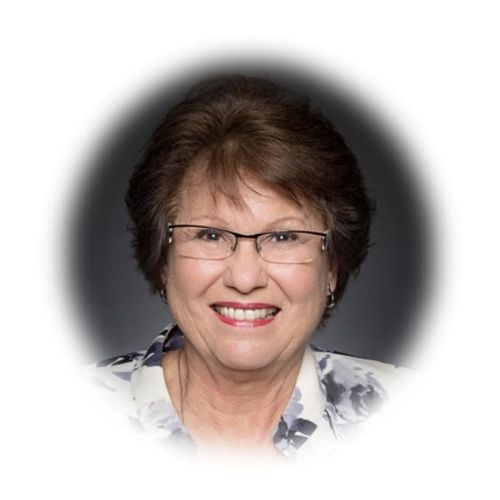Unlearning
Unlearning: A Game Changing Soft Skill
In 2016 Research conducted by Harvard University, the Carnegie Foundation and Stanford Research Center concluded that 85% of job success comes from having well‐developed soft and people skills.
“The illiterate of the 21st century will not be those who cannot read and write, but those who cannot learn, unlearn, and relearn.” Alvin Toffler
Unlearning is essential, but as a game changing soft skill it is undervalued.
Four practical steps to help consider unlearning:
#1: Figure out how to ask NEW questions.
#2: Think as far beyond the box as your mind will allow you to go so that you can move away from your established assumptions.
#3: Put your thoughts into a NEW context.
#4: Pursue unlearning and then test what you unlearn
You may be doing the same things but the way you think about them will change!
Resources:
n.d. (2015). The Soft Skills Disconnect. National Soft Skills Association. Retrieved 4.20.20 from https://www.nationalsoftskills.org/the-soft-skills-disconnect/
Klammer, A. & Gueldenberg, S. (2016). Organizational Unlearning and Forgetting – A Systematic Literature Review. Retrieved 6.5.2019 from https://www.researchgate.net/publication/305682100_Organizational_Unlearning_and_Forgetting_-_A_Systematic_Literature_Review
Mehta, J. (2015). The Paradox of Deeper Learning: The Unlearning Curve. Retrieved 6.5.2019 from http://blogs.edweek.org/edweek/learning_deeply/2015/04/the_paradox_of_deeper_learning_the_unlearning_curve.html
Uldrich, J. (2011). Higher Unlearning: 39 Post-Requisite Lessons for Achieving a Successful Future. Edina: Beavers Pond Press

